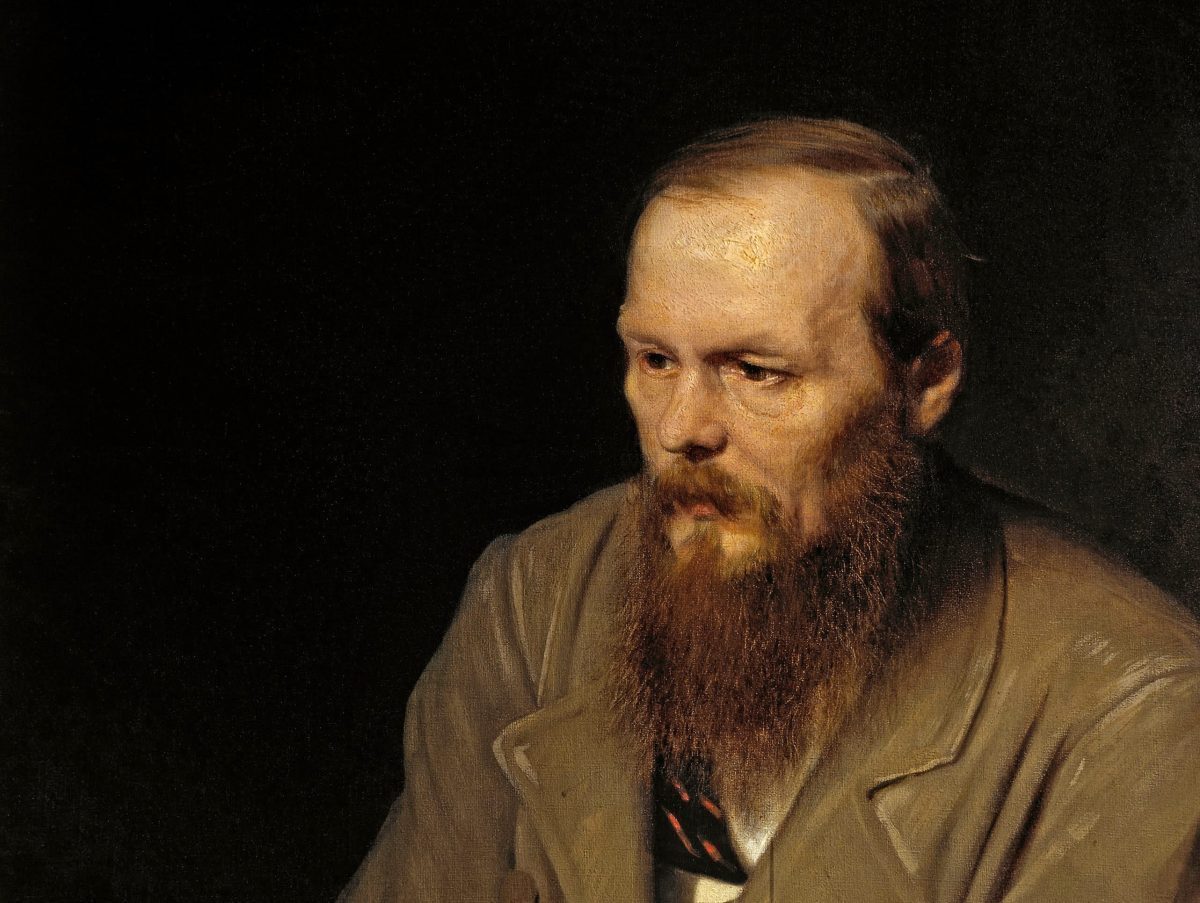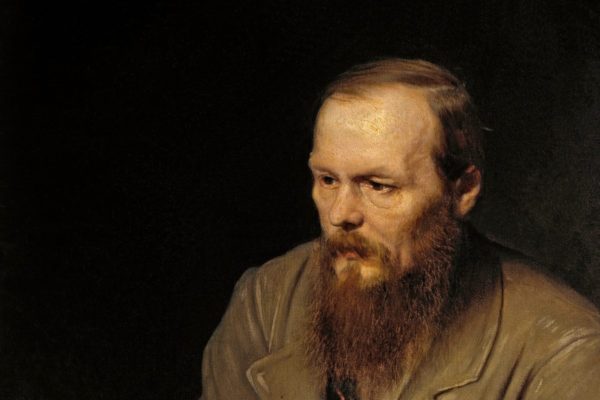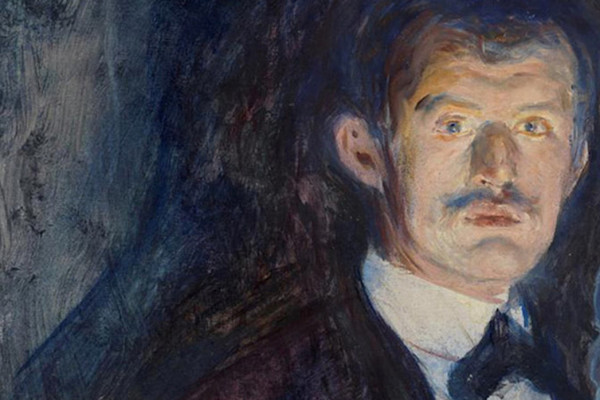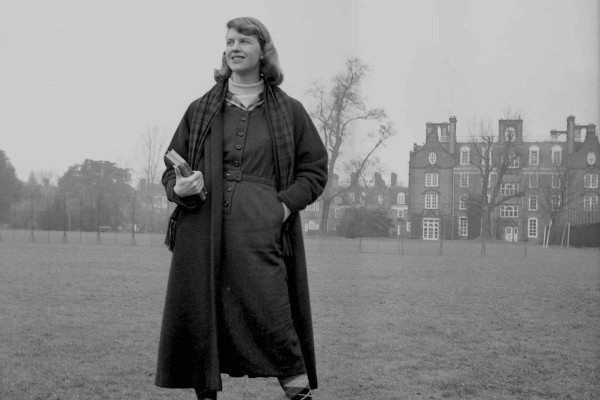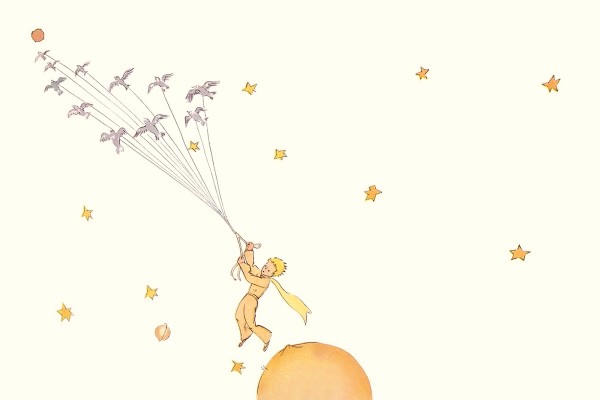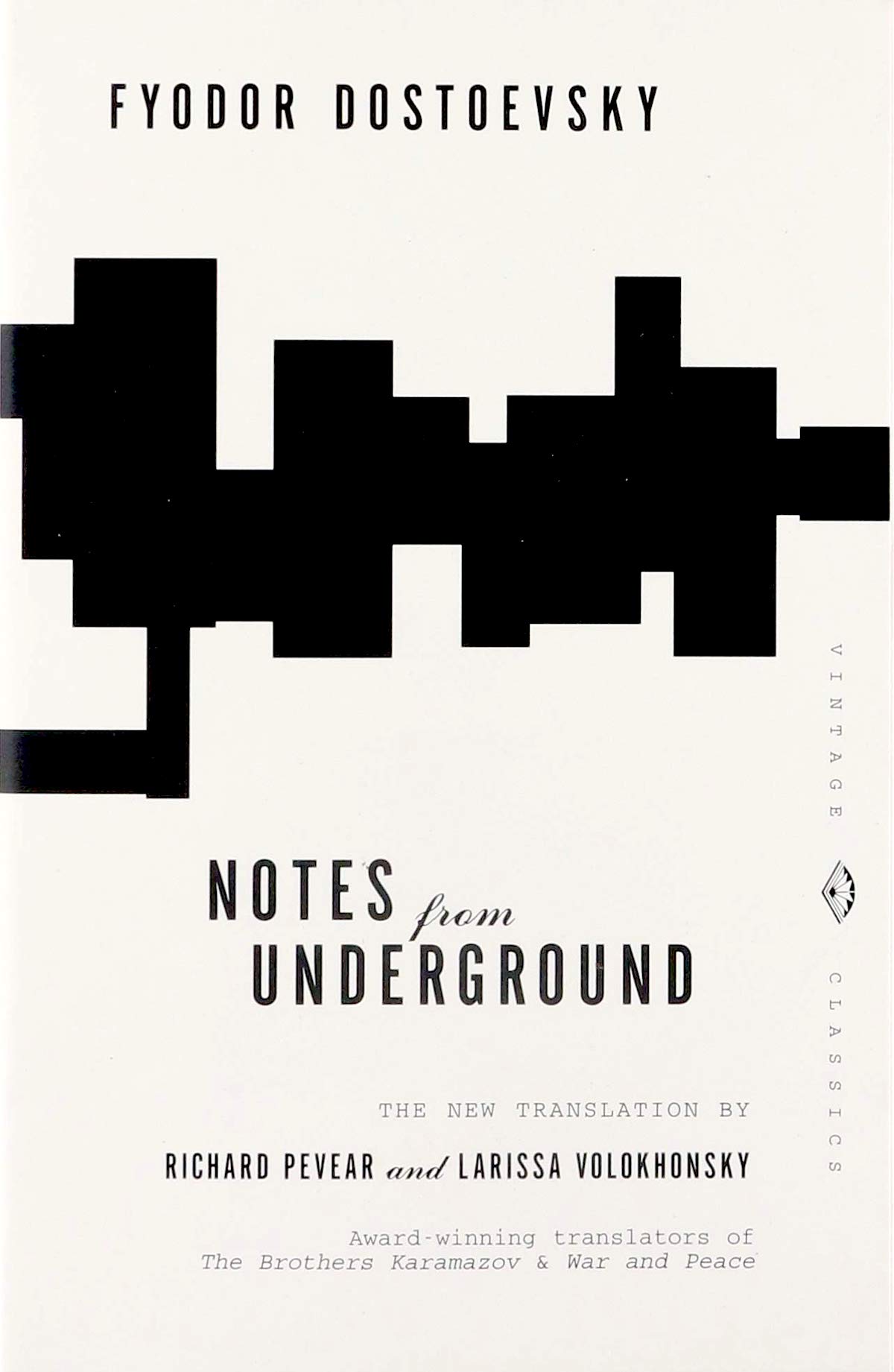
“He is stupid, I won’t argue with you about that, but perhaps a normal man ought to be stupid, how do you know? Perhaps it’s even very beautiful” – Fyodor Dostoevsky, Notes From Underground
Perhaps intelligent men think too much about living and what it means to live. The beauty of life is in living itself, in action, and in experience. Perhaps stupid men live better, or more beautifully, precisely because they are not occupied with the meaning of life and what it means to live but, instead, with the act of living itself.
I finished reading Notes from Underground by Fyodor Dostoevsky this morning. It took longer to complete than I had originally expected, for I was so often drawn into bouts of deep thought and reflection by its contents. I found it to be an excellent book, brimming with insight and ideas which I will not soon forget. In this article, I wish to examine a few of the passages which I found particularly thought-provoking and to share some of the reflections I recorded whilst reading this new favorite of mine.
The Necessity of Suffering
“Man only likes counting his griefs, he doesn’t count his happiness. But if he were to count properly, he’d see that there’s enough of both lots for him.” – Fyodor Dostoevsky, Notes from Underground
Why is it that people focus on their misfortunes while neglecting to take notice of their happiness? As Dostoevsky wrote in Notes from Underground: “It’s their sicknesses that everyone takes pride in.”
Perhaps one must focus on one’s griefs in order to grow; for nothing shows one where one must change as much as one’s pains and weaknesses. If a man was truly content and had no pains to cause him discomfort or to bid him to change, would he grow and, more importantly, would he surpass the limits of his self-imposed definition of himself? Pain, grief, and suffering are necessary, for they force us to change and improve.
Perhaps the point of living does not lie in achieving happiness but, instead, in the act of striving to be better and in continually improving oneself.
“Man is predominately a creating animal, doomed to strive consciously towards a goal and to occupy himself with the art of engineering – that is, to eternally and ceaselessly make a road for himself that at least goes somewhere or other…” “…And the main thing is not where it goes, but that it should simply be going.” – Fyodor Dostoevsky, Notes From Underground
Perhaps our sufferings and griefs are necessary to drive us forward; to show us where we need to become stronger; where we need to grow, to heal, and to learn.
The Power of Imagination
People so often hurt themselves with their own imaginations. In Anton Chekhov’s play The Sea-Gull, Treplev says “I guessed their thoughts and suffered from the humiliation.” It was not the thoughts of other people which humiliated Treplev but his own perception of their thoughts. He could not be sure of their thoughts regarding him; he could only guess at them and imagine what they might be. Treplev imagined people thought badly of him, perhaps, because he thought badly of himself. He attributed his own low opinion of himself to other people, just as the unnamed narrator of Fyodor Dostoevsky’s Notes from Underground did.
“I noticed very well that my colleagues not only considered me an odd man, but – as I also keep fancying – seemed to look at me with a certain loathing.” – Fyodor Dostoevsky, Notes From Underground
It is the imagination of these two characters which cast other people’s thoughts of them as negative. It is not the thoughts of other people which hurt and humiliate Treplev but the mere power of his own imagination. As Dostoevsky wrote, “Above all, it is he, he himself, who regards himself as a mouse; no one asks him to; and that is an important point.”
The underground man acknowledges this fact again in another passage:
“It was I who, owing to my boundless vanity, and hence also my exactingness toward myself, very often looked upon myself with furious dissatisfaction, reaching the point of loathing, and therefore mentally attributed my view to everyone else.” – Fyodor Dostoevsky, Notes From Underground
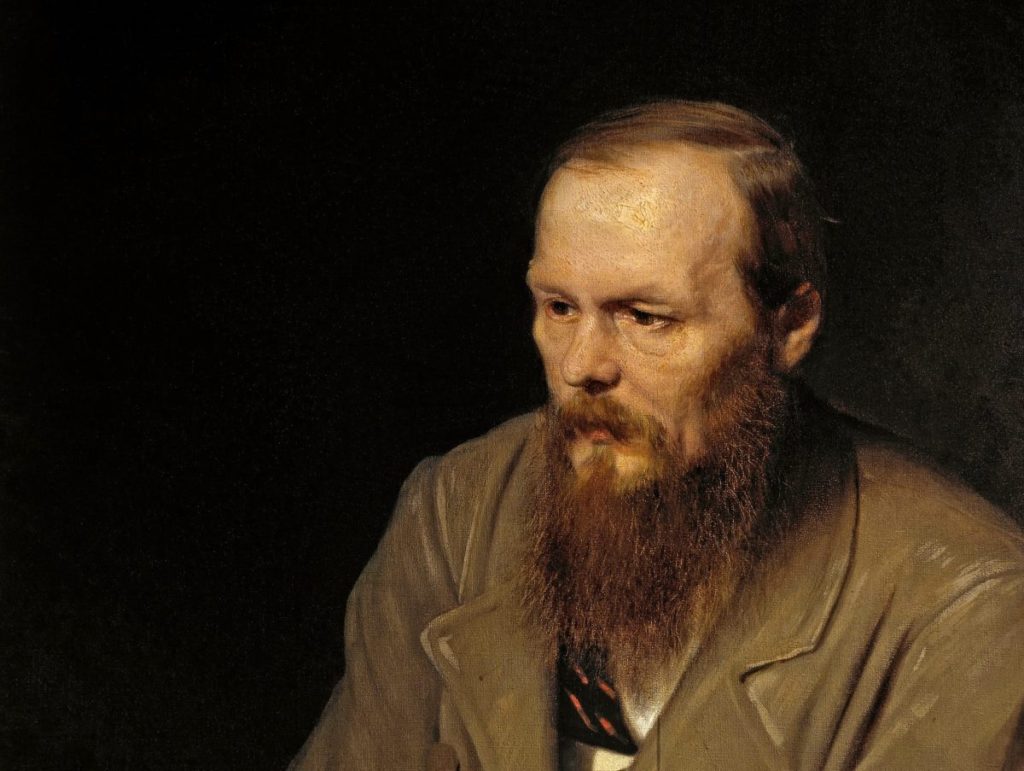
Portrait of Dostoevsky by Vasili Perov (1872).
The Perils of Consciousness
“I swear to you, gentlemen, that to be overly conscious is a sickness, a real thorough sickness.” – Fyodor Dostoevsky, Notes From Underground
If consciousness is defined as a state of awareness then to be overly conscious is indeed a sickness. With awareness comes a certain degree of insignificance. One who is aware of the enormity of the universe and its many mysteries inevitably feels insignificant. Who can know the brilliance of the moon, the breadth of the earth, and the power of the sea and not feel incredibly paltry and trivial in comparison? Consciousness is incredibly humbling. As one becomes conscious of new things one simultaneously becomes aware of all that which one is ignorant of. So it goes, the more one learns, the less one knows.
It is not knowing which makes consciousness painful but the realization that one lacks knowing. Consciousness is painful because it shows you what you lack in knowledge. To be conscious is to be aware that you know nothing. That is precisely why ignorance is bliss; only one who is ignorant can believe he knows everything. To live in ignorance is easy, but to be overly conscious is indeed a sickness, for those who are conscious are painfully aware of the brevity of life, the futility of living, and the inevitability of death. How easy life would be if one did not know one was going to die.
On Power
“When petitioners would come for information to the desk where I sat-I’d gnash my teeth at them, and felt an inexhaustible delight when I managed to upset someone.” – Fyodor Dostoevsky, Notes From Underground
Perhaps this delight which he finds so inexhaustibly pleasant is the power to control another’s feelings. The delight he feels when he upsets someone is the delight of power.
The reason he feels delightful when they become upset is because their state of upset confirms that he has control over them. He has affected their emotions and therefore feels he has power over them.One who is able to control or manipulate the feelings of another does have a certain degree over that person, however limited that power may be.
But any amount of power, no matter how insignificant, can make one feel powerful and god-like when exerted over another person. The greatest degree of power one can achieve in life, however, is power over oneself. As Leonardo di Vinci said, “You will never have a greater or lesser dominion than that over yourself… The height of a man’s success is gauged by his self-mastery; the depth of his failure by his self-abandonment.”
The Inescapability of Wanting
What would life be like if one did not want for anything? To cease wanting is, perhaps, impossible. If a man is content and wants nothing more than what he has, then doesn’t he indeed have a desire, or a want, for things to remain as they are?
Even the man who wants nothing has a want; for to want nothingness is still to want. What if a man refuses all wanting for anything, including nothingness? Still this man wants: he wants to refuse wanting. He does not care to want and yet is doomed to do so, for not wanting itself is his want. One cannot escape wanting. We are doomed to want just as we are doomed to live and to die. Wanting is an inescapable responsibility, just as responsibility itself is inescapable.
“What is man without desires, without will, and without wanting?” – Fyodor Dostoevsky, Notes From Underground
(Note: if you buy any book(s) using the links above, I will receive a small commission. It will not cost you anything extra, and you will help me to maintain this blog. Thank you.)

